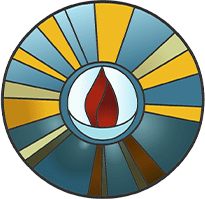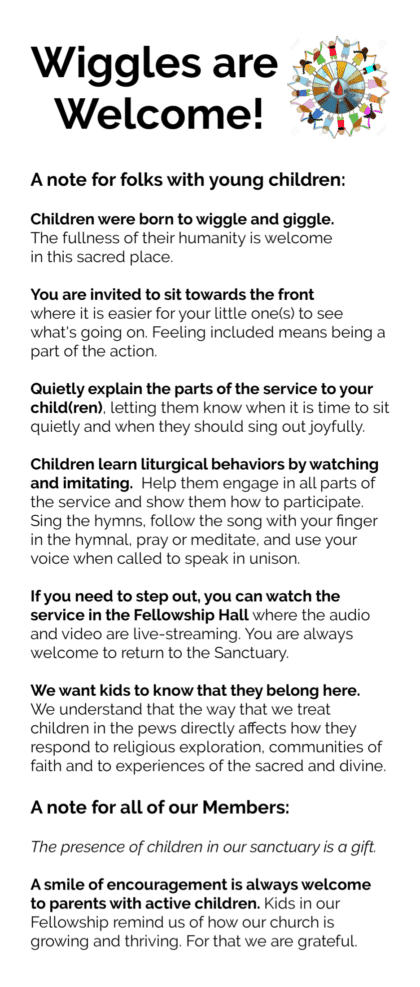How, when, where, why write an article about discernment? 🙂 How to discern its ends and purpose? 🙂 Discernment is the ability to achieve the sharpest possible perception of a situation or of a process in order to “get through it” with mindfulness. This process always starts with deep, insightful evaluations to go beyond mere perception and appearances..
In times of fake news or crisis when comfort zones become standards of living with all biases and prejudices that we might deny to protect us from instability, in times of entertainment media that share inconvenient truths as disruptions from stability, where is the place for discernment? Our own individual value system has a definite weight in deciding what we think is most important to us and can definitely impact discernment processes in communities we belong to or that we want to be successful. For example, how we contribute financially to the organizations we believe in can define and determine their planning, their programs, and the alignment to their mission.
When can discernment be authentic and unfold in constructive ways instead of sounding like sterile judgment or criticism? Since discernment is wisdom based, it requires insight, awareness, understanding and commitment before the unrelenting follow through a plan. Awareness requires openness, authentic open-mindedness and mindfulness of our own emotions. While impulses and strong emotions can be very often obstacles to discernment, heads and hearts need to engage in assessing multiple facets defining a situation. In this stage, how clearly are we ready to question our opinions, biases or prejudices to become ready for discernment?
Once we have become aware of our system of values, of our “narrative”, and use it in respect of the discernment process, we can take some courage in our hands, test the limits of our comfort zone and take some steps out of it with wisdom, love and compassion. These values are necessary guidelines that need to prevail in discernment processes and that shouldn’t be shrunk by sense of urgency or by the confusion between ends and means. When intuition and intellect work hand in hand with the values mentioned above they can work as strong propellers of any action plan. Very rarely discernment can take place in “a rush”.
Another value that can guide an effective discernment process is diversity: diversity of options, diversity of “narratives” of discerners, diversity of paths to explore and more. When we work or live along “discernment companions”, we need to be mindful of their diversity and embrace it as an asset to our decision making. Only a wide circle of people can trigger the “divergent thinking” necessary for discernment. Surrounding ourselves with wise people that feel a sense of belonging to the discerning community and that value diversity in it can help setting priorities straight and investigating the real heart of the matter, the root causes of issues to face or of problems to solve with honesty.
Only after achieving some awareness of the “narratives” of people engaged in discernment and after understanding the many facets of the issue to discern about, then the slow, messy, eternally in-progress process of discernment can continue strong and create safe spaces for decisions, maturational growth, creativity and closer relationships.


